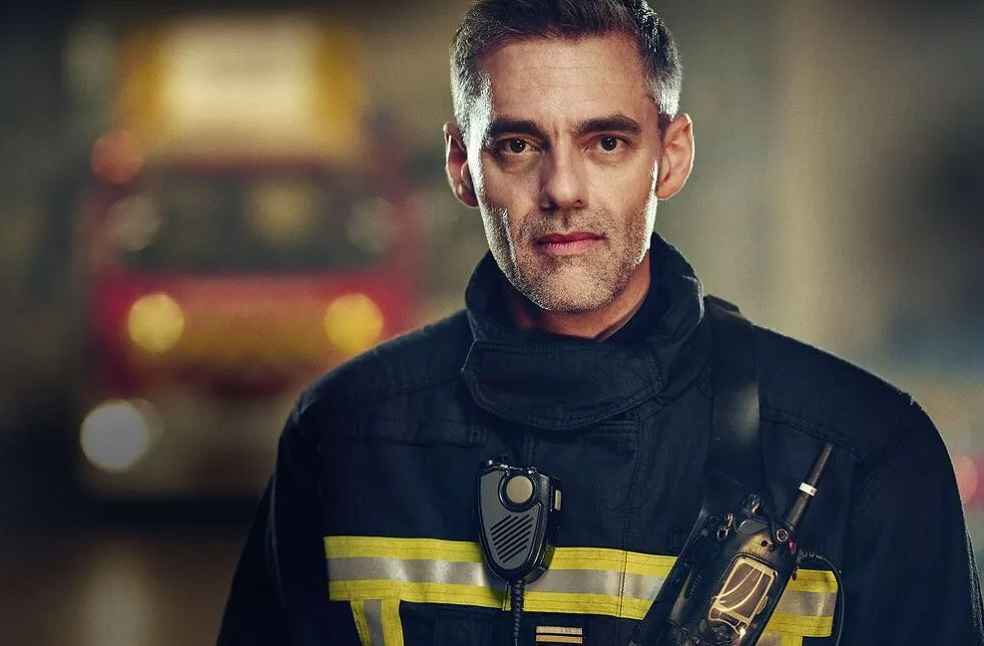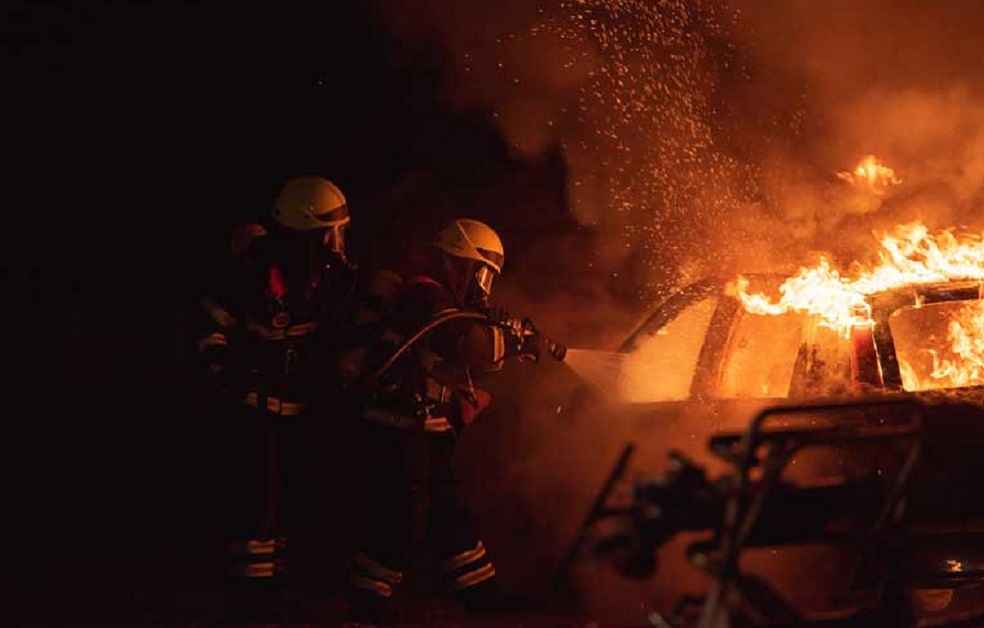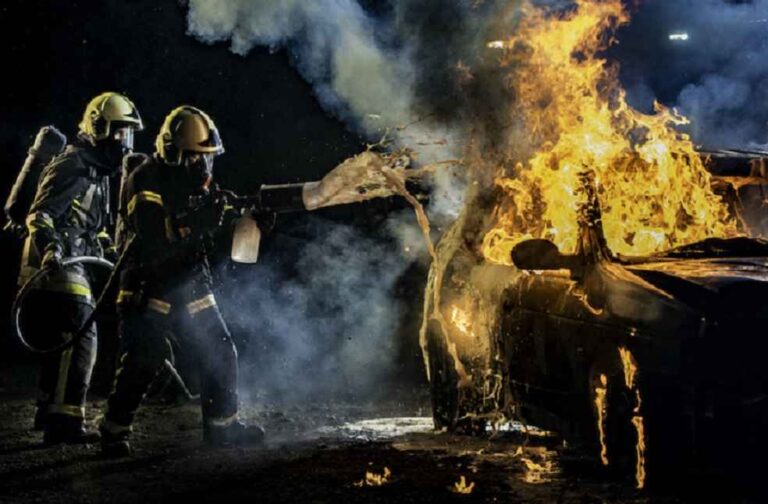Renault has launched its ‘Human First’ program, a comprehensive effort aimed at enhancing electric vehicle (EV) fire safety protocols globally. This initiative marks a significant partnership with firefighting teams around the world, encompassing Australian fire and rescue organizations.
Aligned with the Australian debut of the Renault Megane E-Tech BEV, the ‘Human First’ program, supported by Renault’s local distributor Ateco Automotive, signals the company’s dedication to ensuring the safety of all road users. This strategy rests on three fundamental safety pillars: the development of advanced driver-assistance systems for accident prevention, a unique global collaboration for efficient road accident management, and robust R&D investments to curtail accident rates.
Renault’s current vehicle range benefits from an extensive array of over 36 advanced driver-assistance systems and 60 specialized safety components that significantly contribute to collision avoidance and impact reduction. Furthermore, Renault’s R&D initiatives aim to enhance onboard technologies like the Safety Score and Safety Coach, in addition to connected services, to assist in lowering crash incidents.

The program seeks to refine a variety of innovations that optimize the critical post-accident phase, often referred to as the ‘golden hour.’ This program draws from the expertise of leading fire and rescue groups, including the World Rescue Organisation (WRO), where Australian representatives have been closely involved due to Renault’s long-standing affiliation with the WRO.
Renault Australia’s General Manager, Glen Sealey, emphasizes the importance of the ‘Human First’ program: “As well as gaining a coveted five-star EuroNCAP safety rating in Europe, the upcoming all-new Megane E-Tech is the first beneficiary of this unique ‘Human First’ safety program. This program is a collaboration of over 600 engineers, safety experts, and fire and rescue services from across the world including Australia, and allows Renault to partner directly with those on the ground to develop innovations to make the roads a safer place,” said Sealey.
Renault’s initiative to train firefighters across the globe for more than thirteen years has led to significant safety advancements within its vehicles. Coordinated by Renault Group’s Lieutenant-Colonel Christophe Lenglos and safety expert Claire Petit Boulanger, the training has generated several key safety features.
Renault’s electric vehicles boast a specialized access point for extinguishing battery fires in under 10 minutes — a drastic reduction from the typical three-hour timeframe. A new QR code, set to become a standard feature on all electric Renault models starting in 2023, will grant immediate access to critical vehicle technical data, enabling first responders to act swiftly, potentially saving up to 15 minutes during rescue operations.

Another notable safety feature is the introduction of an isolator switch that allows quick disconnection of the battery from the high-voltage network. This feature is accessible without the need for special tools or moving the vehicle’s occupants, streamlining the rescue process.
Renault is also developing additional safety features, including an innovation for rear seats that would facilitate quicker and safer extraction of accident victims, reflecting the company’s proactive approach to safety and emergency services collaboration.
Renault’s ‘Human First’ program is setting new safety standards in the automotive industry and reinforcing the company’s commitment to saving lives on the roads.
LATEST | U.S. Employment Expansion Stalls as Auto Sector Strike Takes Toll





